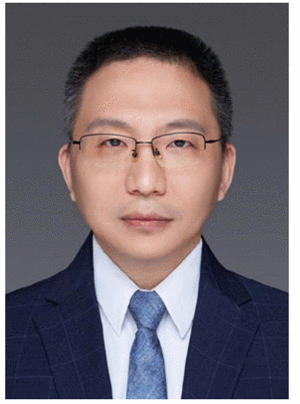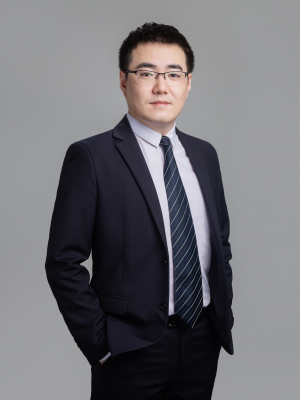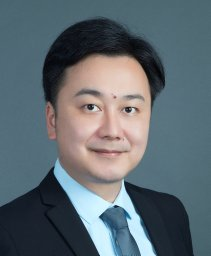
Speakers
SPEAKERS |
Prof. Zuqing Zhu IEEE Fellow University of Science and Technology of China, Hefei, China | Profile: Zuqing Zhu received his Ph.D. degree from the Department of Electrical and Computer Engineering, University of California, Davis, in 2007. From 2007 to 2011, he worked in the Service Provider Technology Group of Cisco Systems, San Jose, California, as a Senior Engineer. In January 2011, he joined the University of Science and Technology of China, where he currently is a Full Professor and Associate Dean of the School of Information Science and Technology. He has published 360+ papers in peer-reviewed journals and conferences, which have received 10,000+ Google Scholar citations with an h-index of 56. He is the Area Editor of Optical Communications and Networking of the IEEE Open Journal of the Communications Society, and is also an editorial board member of IEEE Transactions on Communications, IEEE Transactions on Network and Service Management, Optics Express, Optical Switching and Networking, and others. He is the Steering Committee Chair of the IEEE International Conference on High Performance Switching and Routing (HPSR), and the Chair of the Technical Committee on Optical Networking (ONTC) in the IEEE Communications Society (ComSoc). He has received the Best Paper Awards from ICC 2013, GLOBECOM 2013, ICNC 2014, ICC 2015, and ONDM 2018, and has been a Distinguished Lecturer of ComSoc (2018-2021). He is a Senior Member of Optica (formally OSA) and a Fellow of IEEE. |
Prof. Yuhong Nan Sun Yat-sen University, China | Profile: Yuhong Nan is an Associate Professor at Sun Yat-sen University. Prior to this position, he served as a Post-doctoral Research Associate at Purdue University and was affiliated with the Center for Education and Research in Information Assurance and Security (CERIAS) as a visiting scholar. He earned his Ph.D. degree from Fudan University, with the honor of the 2018 ACM SIGSAC China Doctoral Dissertation Award. He is a recipient of the USENIX WOOT 20 Best Paper Award, 2020 CSAW Applied Research Competition Finalists, and the "Youth Pioneer" at the 2023 Pujiang Innovation Forum — an annual event jointly organized by the Ministry of Science and Technology and Shanghai Municipal People’s Government. |
Prof. Chuan Qin University Of Shanghai For Science And Technology | Profile: Chuan Qin (Member, IEEE) received the B.S. degree in electronic engineering and the M.S. degree in signal and information processing from the Hefei University of Technology, Hefei, China, in 2002 and 2005, respectively, and the Ph.D. degree in signal and information processing from Shanghai University, Shanghai, China, in 2008.,Since 2008, he has been with the Faculty of the School of Optical-Electrical and Computer Engineering, University of Shanghai for Science and Technology, Shanghai, where he is currently a Professor. He was with Feng Chia University, Taichung, Taiwan, as a Post-Doctoral Researcher, from July 2010 to July 2012. His research interests include image processing and multimedia security. He has authored or coauthored more than 150 articles in these research areas. |


